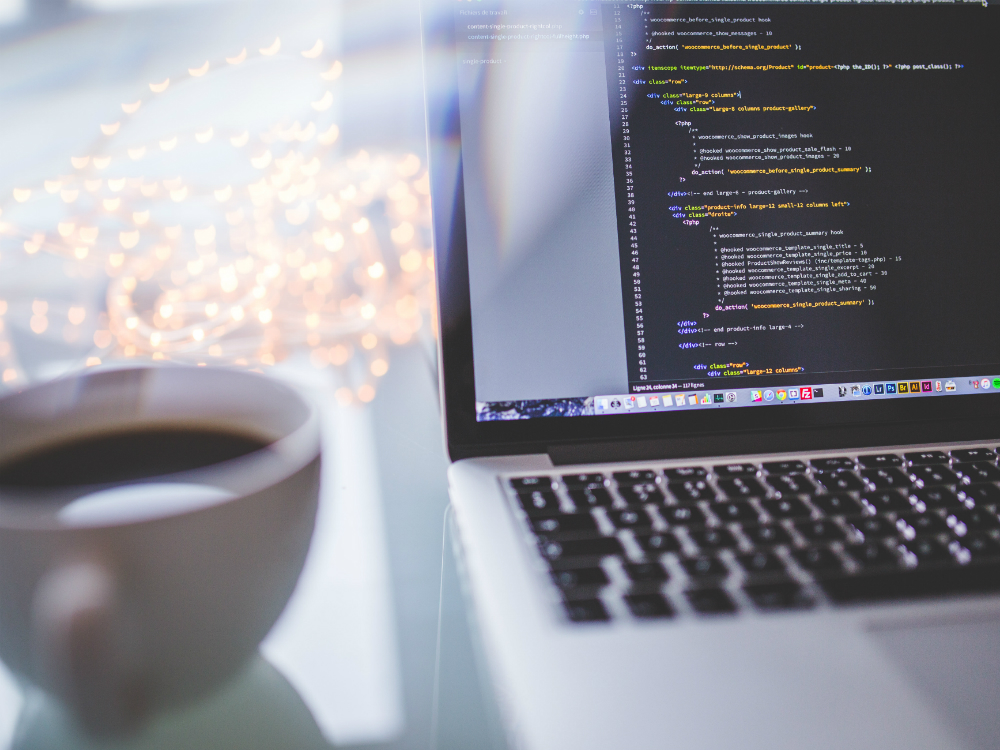How the #PanamaPapers directly affect UK women in their 20s
Everybody is going on about the Panama Papers - but what are they, and why do they matter to you?

Celebrity news, beauty, fashion advice, and fascinating features, delivered straight to your inbox!
You are now subscribed
Your newsletter sign-up was successful
Everybody is going on about the Panama Papers - but what are they, and why do they matter to you?
Photo Credit: Luis Llerena
The news broke at 6:30pm on a Sunday night, which is quite a clever time to break news. After all, at 6:30pm on a Sunday night, nobody has anything better to do than scroll down their Twitter feeds and click on the links. There's nothing on TV yet, dinner is still in the slow cooker, and you need something to distract yourself from the inevitable doom and gloom of going back to work the next day.
So when The Guardian revealed that the biggest ever leak of data had taken place - containing over 11 million files, and affecting everyone (everyone rich, that is) from the President of Russia to David Cameron's dad - we all looked up.
Until we remembered that we weren't rich. When we looked down again.
But as it turns out, the Panama Papers affect us just as much as they affect those with multiple 000s on the end of their bank statements. In fact, if anything, they affect us more.
So this is what you need to know:
Celebrity news, beauty, fashion advice, and fascinating features, delivered straight to your inbox!
WHAT ARE THE PANAMA PAPERS? The 'Panama Papers' are called the Panama Papers because they come from Panama. There isn't actually any paper involved though. It's all digital - just imagine how many trees you'd have to fell in order to produce 11 million paper files! That would be a tabloid cover story in itself. And don't get us started on the number of stamps you'd need to post them all out of the country.
The 'papers' contain in-depth accounts and details of businesses, employees, customers and basically anybody who is remotely affiliated with one (of the many) law firms in Panama, called Mossack Fonseca (remember that name - it's going to come up in a pub quiz one day).
SO WHY ARE THEY A BIG DEAL? Essentially, it's all because they reveal who's avoiding tax.
Panama is a 'tax-free haven' - where people can use 'offshore banking' to save on paying tax. It's totally legal - and simply saving your money there definitely isn't a criminal offence, although it has come under fire in recent days because it enables very, very rich people to get even richer - and avoid contributing to their local economy.
The Panama Papers do however, link certain high profile figures (such as the Russian President, Vladimir Putin) to potentially fake businesses that appear to hide huge sums of money.
And by 'huge sums', we mean billions and billions of pounds.
Avoiding tax - legally or illegally - is really harmful to society. Tax is what funds public services like the NHS. And guys, we all need the NHS.
RIGHT. BUT HOW DO THE PANAMA PAPERS AFFECT ME? They affect you because they explain a lot about the financial inequality currently being experienced by millennials across the UK.
As it stands, huge numbers of us across the UK can't afford to buy houses, and rental rates are soaring too - leaving us with fewer and fewer housing options. Meanwhile, the gender pay gap is still holding women back, and making it even harder for us to get on the property ladder.
So the Panama Papers affect us, because thousands upon thousands of properties in the UK are bought up by companies and individuals who are already so rich that they can take advantage of tax havens - using firms like Mossack Fonseca to restructure their finances, avoid paying tax, and keep house prices rising.
Ever wondered why you have the same landlord as everybody else on your street - and the next street over? Ever questioned why there are so many empty properties in desirable areas of London like Mayfair? It's likely (not totally guaranteed, but likely) that tax havens and offshore bank accounts are helping a few very very rich property magnates maintain their wealth. While we're left feeling nauseous and covering the screen in fear when the ATM asks if we'd like to 'see our balance' before withdrawing £10.
WHAT CAN WE DO ABOUT THIS? Well, we can keep talking about it, and kicking up a fuss about the financial disparity that's dividing the UK.
Jeremy Corbyn is calling for a ban on offshore banking altogether, and it looks like that campaign is going to take off. Meanwhile, we can sign this petition, here, calling for EU-wide reform - and keep an eye out for protests, which are likely to take place over the next few weeks.
As it stands, David Cameron has remained silent on the matter, but that isn't so surprising considering the fact that his dad is named in the papers.
The leading destination for fashion, beauty, shopping and finger-on-the-pulse views on the latest issues. Marie Claire's travel content helps you delight in discovering new destinations around the globe, offering a unique – and sometimes unchartered – travel experience. From new hotel openings to the destinations tipped to take over our travel calendars, this iconic name has it covered.